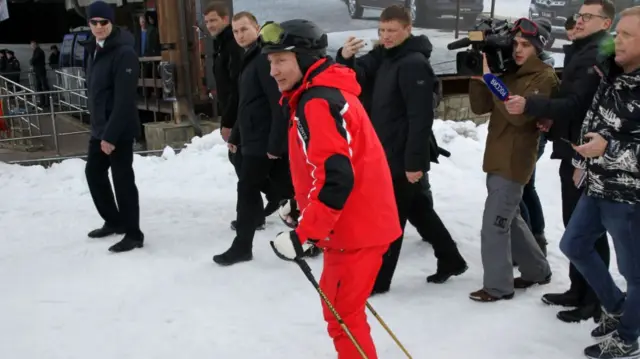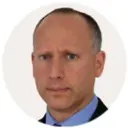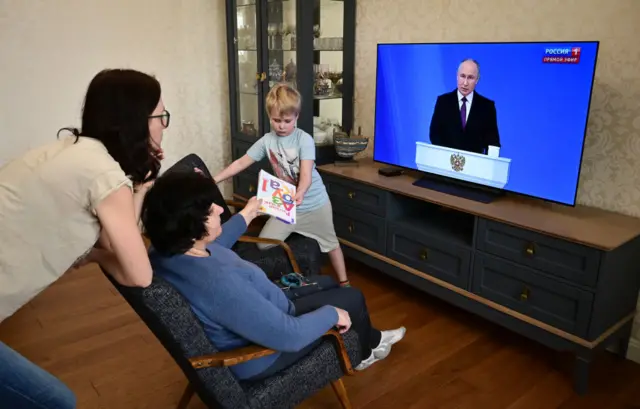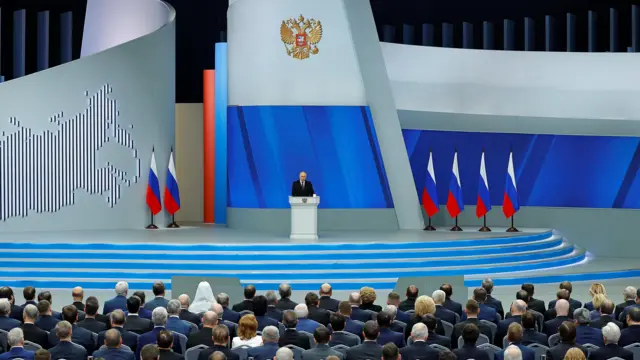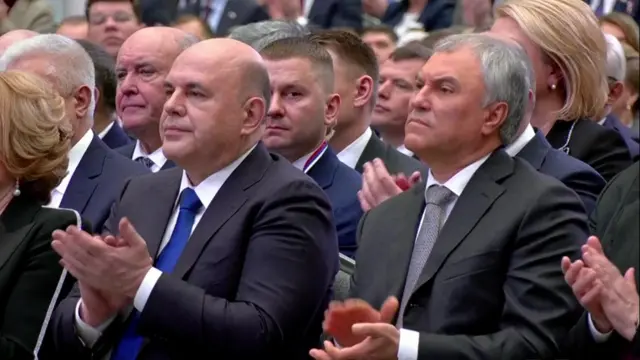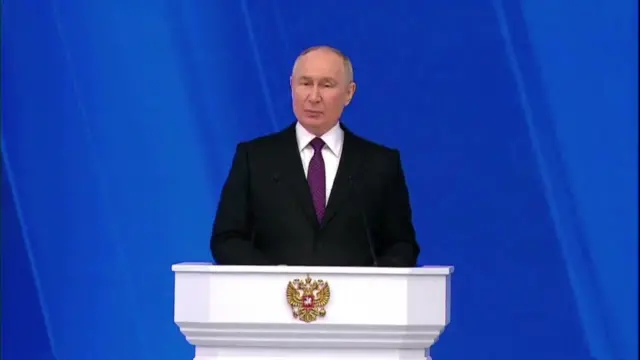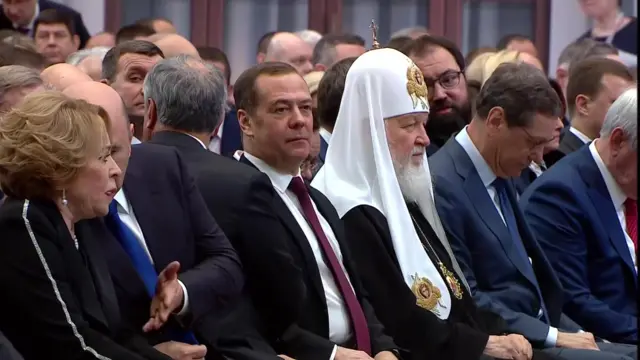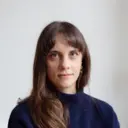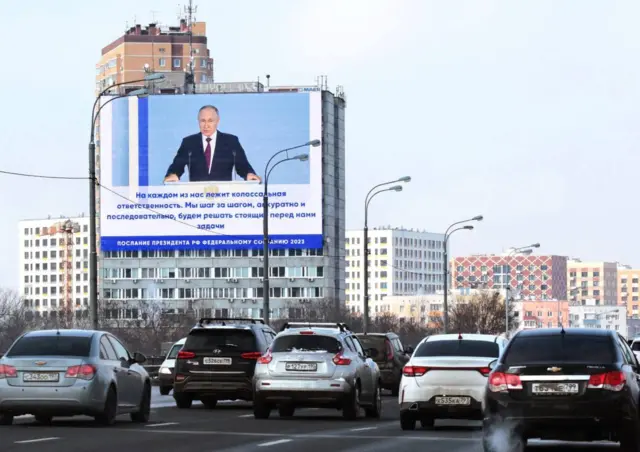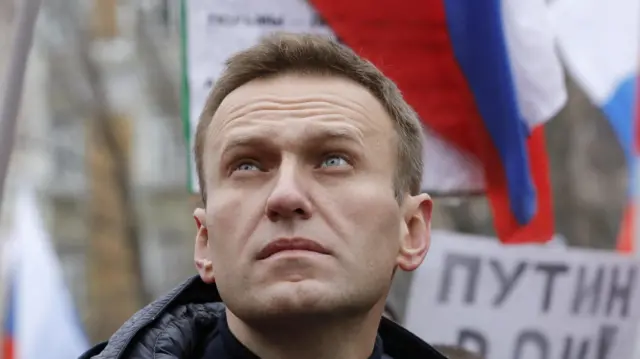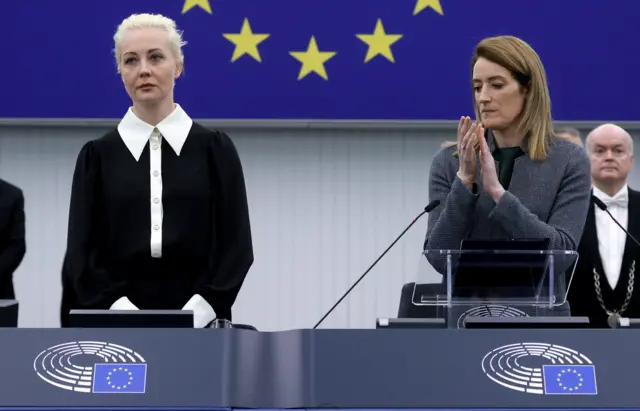
Do Russian commanders really take care of their soldiers?published at 10:07 GMT 29 February 2024
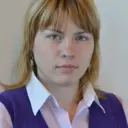 Olga Ivshina
Olga Ivshina
BBC Russian, in London
Nothing groundbreaking so far from Putin. But there is one quote that caught some attention, and is already being discussed.
Putin said that Russia now “has a generation of commanders who take care of their soldiers”. But this is in sharp contrast with what Russian soldiers have actually seen on the frontline.
During the full-scale invasion of Ukraine, Russian commanders have become famous for widely using so called “meat grinder assaults” – during which poorly trained and equipped soldiers (often recently recruited from prisons) are sent forwards, wave after wave.
As several survivors told BBC Russian, soldiers are even sent to advance on well-fortified positions just to figure out exact positions of Ukraine’s firing points.
As a result, Russia has lost tens of thousands of troops.
Exact numbers have not been revealed - but Ukraine's President Zelensky recently claimed 180,000 Russian soliders had died, compared to 31,000 Ukrainians.
